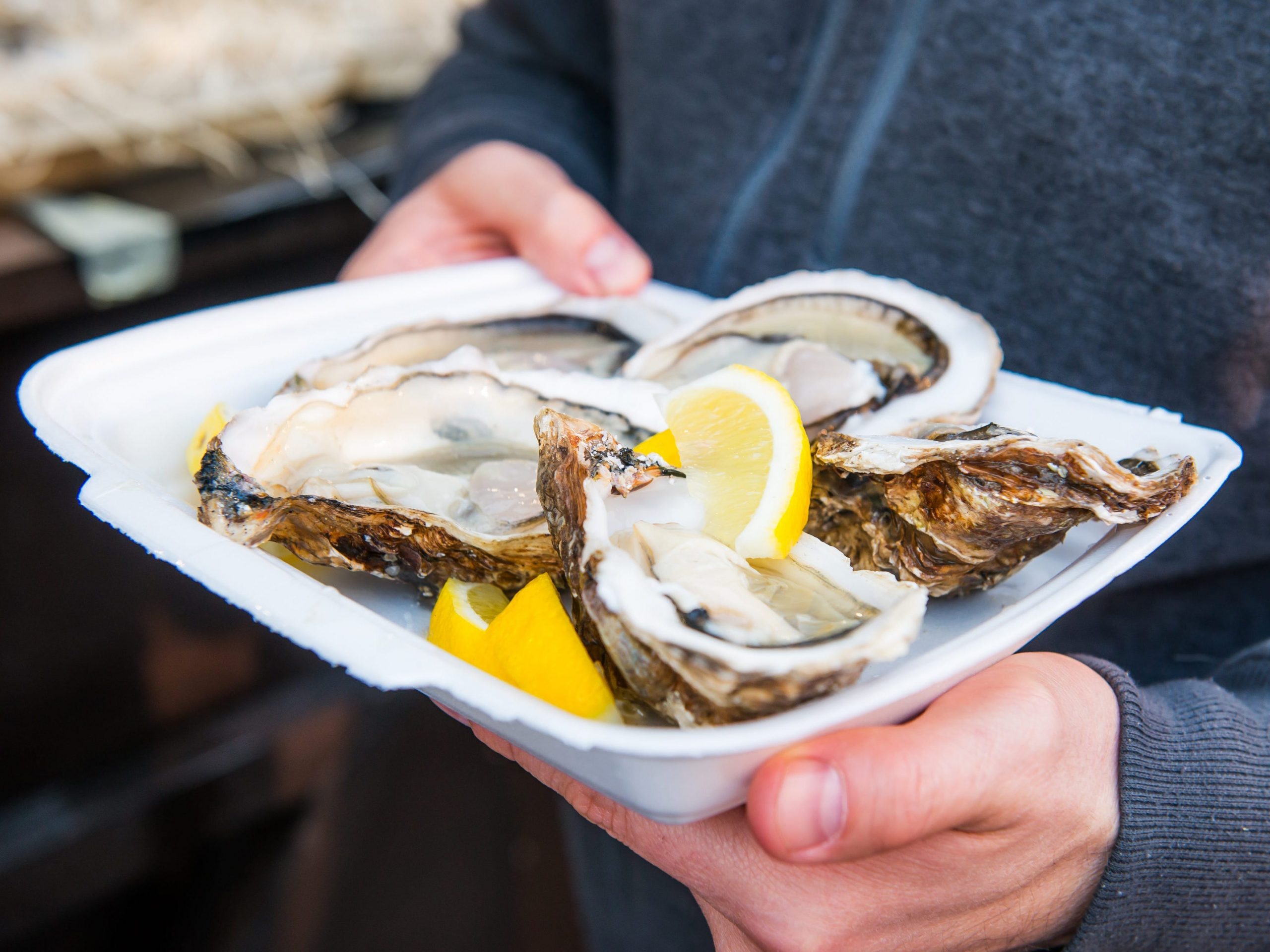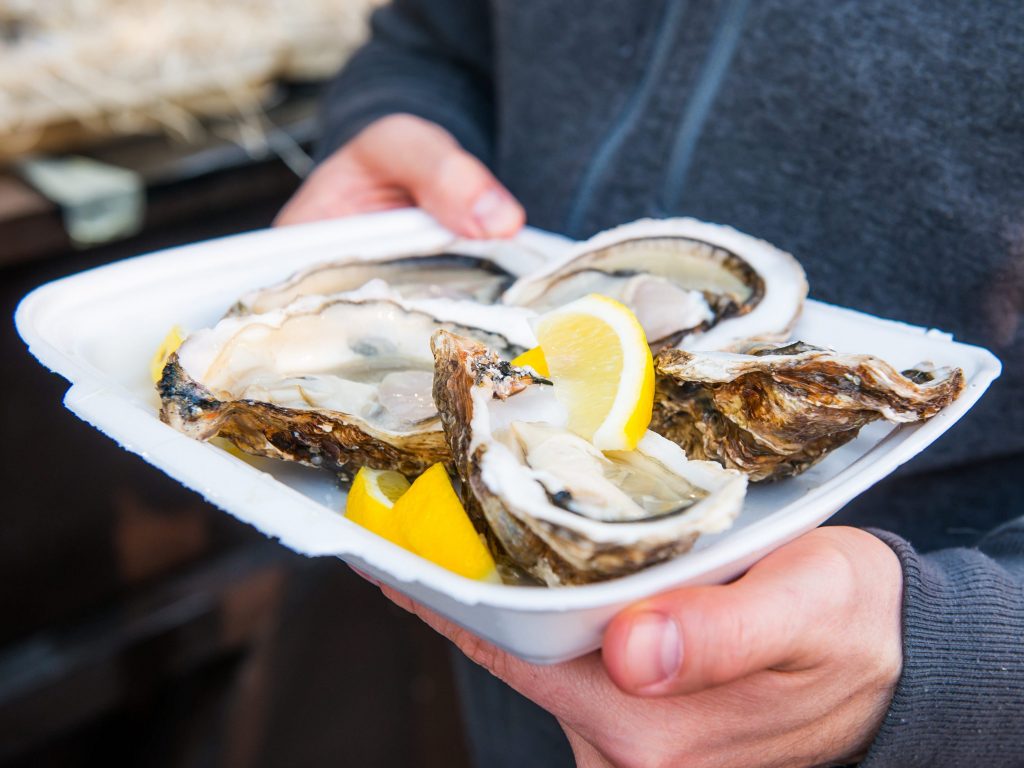
OKrasyuk
- A seafood trailer owner told The Bellingham Herald he's cutting opening hours and has raised prices.
- The reason? Supply-chain disruptions, he said.
- Suppliers are raising prices because of higher packaging, freight, and labor costs.
- See more stories on Insider's business page.
The owner of a seafood trailer in Bellingham, Washington, told The Bellingham Herald that supply-chain chaos had forced him to change his menu, stockpile supplies, and hike prices.
On top of that, he decided to close one day a week to make sure he doesn't run out of food, he said.
Steven Engels told The Herald that he'd been able to keep his trailer, The Gallery, open for most of the pandemic, and that he sometimes was forced to add new dishes based on which ingredients he was able to buy.
Engels told The Herald that he had anticipated the supply-chain disruptions getting worse, and had started stockpiling some supplies.
It's a good job he did. Engels said that restaurant-supplies distributor Sysco had recently told him it would temporarily pause deliveries to his restaurant because it couldn't source enough truckers. Sysco confirmed to Insider on Monday that it had cut deliveries to some customers, but said that this was temporary.
Read more: Uber and Lyft execs say drivers are signing up again now that unemployment checks are running out
Engels said that he also decided to start closing The Gallery on Mondays from September and that he had already raised menu prices to cover the higher supply costs. The cost of fryer oil more than doubled, he said.
"We had to raise prices just to keep up," Engels told The Herald. "I think this will be going on for a while."
Other restaurants across the US have also raised menu prices or slashed their opening hours to deal with supply-chain shortages.
A restaurant owner in Maine told Insider that ingredient shortages were forcing her to close her restaurant an hour early every day. She said her supplier had substituted some of her orders, such as salad dressing and burger patties, for other items that were lower quality or different size to what she had ordered.
A New Jersey pizzeria owner told Insider that it was "inevitable" that the higher cost of ingredients would be passed onto the consumer. He'd raised menu prices for chicken wings by more than 50%.
Elsewhere, other small restaurants say they've been struggling to source plastic cups and takeout containers amid competition from big franchises.
Suppliers are raising prices because of higher packaging, freight, and labor costs
Tyson Foods, the world's second-largest meat processor, lifted prices by an average of 17.1% in its most-recent quarter. Tyson CEO Donnie King attributed this to rising costs of animal feed, packaging, and freight, coupled with COVID-19 expenses and higher wages due to the labor shortage.
Companies including Procter & Gamble, General Mills, and Coca-Cola have also announced price increases to offset rising costs.
And more price hikes are coming.
"Costs are hitting us faster than we can get pricing at this point," Tyson's King said last week.
"We will continue to take price to match the nature of the cost that's coming to us," he added.
